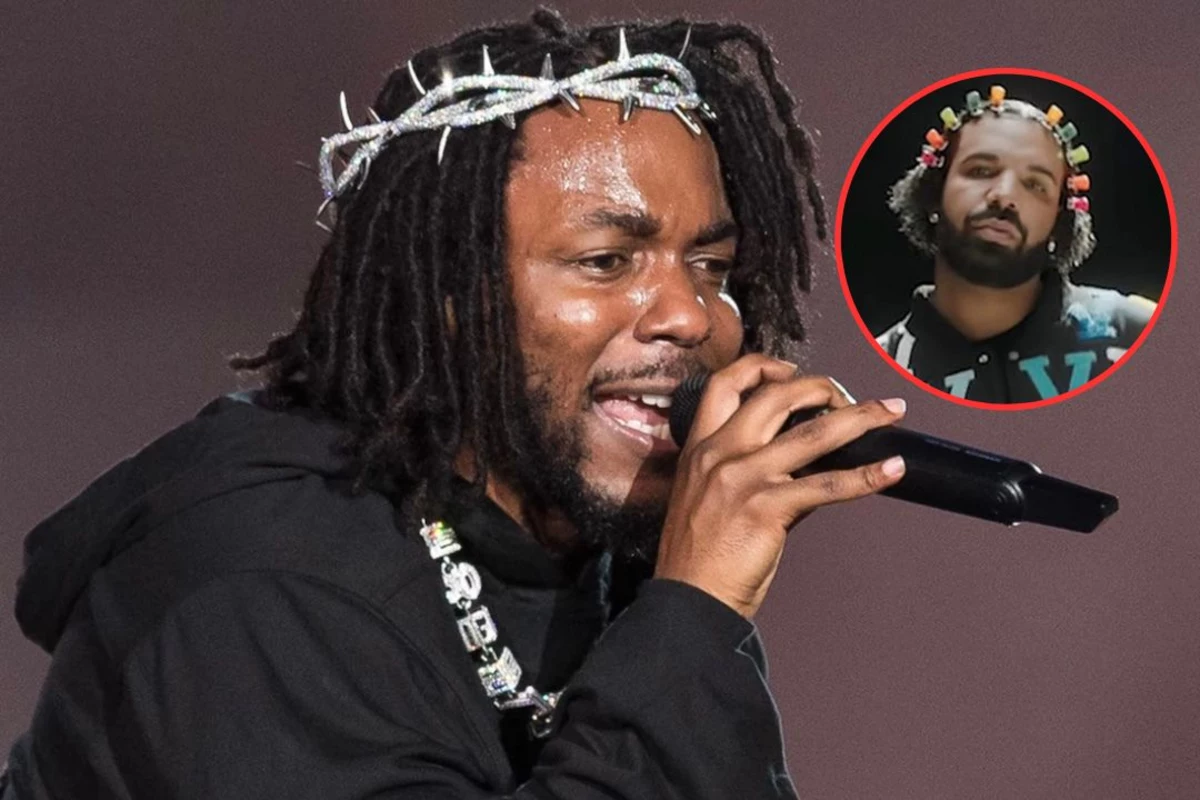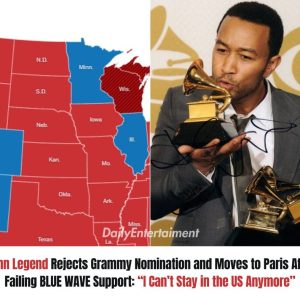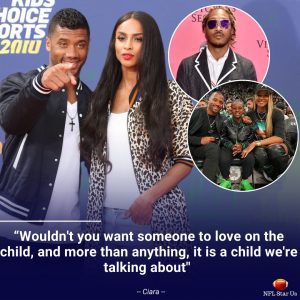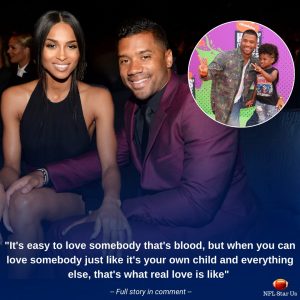Can we take a minute to recognize how insane it is for the song of the year so far, Kendrick Lamar’s “Not Like Us,” to be an upbeat, danceable, club-ready banger where the message is “Hey guys, that real person over there is a pedophile.” The sound and the message are totally discordant. It’s as if they’re two separate parts that someone Frankenstein’d together.

On “Meet the Grahams,” the sound and the message are in harmony. It’s an eerie-sounding song — the beat gives you the creeps. Kendrick slides in with a super creepy message. The first words, “Dear Adonis, I’m sorry that that man is your father let me be honest,” combined with the beat are a shock to the system. The first time I heard it, I screamed, “OMG HE’S TALKING TO HIS SON???” If Jordan Peele made hip-hop, this is the sort of music he would make. The sound and the message are in the same lane. “Euphoria” is the same. There’s a delicate-sounding intro, almost like Kendrick is warming up, then there’s a furious, high-energy beat that fits perfectly with the feeling of him yelling, “I hate the way that you walk, the way that you talk…” But “Not Like Us,” is not like that.
On “Not Like Us,” the moment Kendrick slides in with his first lines, I can’t help but to start dancing. The way he opens the song — I’m talking about the staccato flow of those first lines — is so funky that I can’t help but make the stank face and start the furious head nodding. But then he’s like, “Say Drake, I hear you like ‘em young.” What? In this club song, he’s talking about subpoenas, weird cases and getting put on neighborhood watch lists. This is not what we ever expect from club bangers!
Music
If I told you I needed to make a song telling the world that this famous guy is a pedophile, you would probably not say, oh, you should use this great beat by DJ Mustard! For sure, the sound of a record and the intention of the lyrics do not need to be aligned. The misalignment of “Not Like Us” is actually brilliant because the sound of it makes it so incredibly replayable, which means we will hear over and over and over that Drake is a pedophile. (As opposed to, say, “Meet the Grahams,” which just can’t be replayed in a wide variety of outlets because it’s too sad and creepy.) Kendrick is also brilliant at making sure some of the most devastating lines of “Not Like Us” — “Certified loverboy, certified pedophile” and “probably A minor” — are the catchiest lines in the song, so we’ll be repeating those lines and cementing his message even deeper into our brains.
The crazy thing about “Not Like Us” being so popular — it’s currently the No. 1 song in the country — is that a conscious artist has invaded the club artist’s space with a wild message meant to destroy the club artist’s career. Dancing to “Not Like Us” feels like dancing on Drake’s grave.
I could only think of two other songs in the last two decades that were huge pop hits with a bright, welcoming sound and a deeply tragic message, creating discord and yet, also brilliance. One of them is Amy Winehouse’s iconic song “Rehab.” The record dropped in 2006, and it was an immediate monster hit. I fell in love with it the first time I heard it. Everyone did. Within weeks of its release little kids and grandmothers were singing it. It was like a national phenomenon — the whole country was dancing along with its fun, bubbly, ’60s Motown-ish sound.
But the actual message of “Rehab” was extremely dark. Winehouse was singing about herself, and she was saying that she has a serious drug problem, so much so that people were trying to get her to go to rehab, but she refused to go. What? If you were creating art about that person, you would probably think, OK, let’s make something tragic and sad to fit with how tragic and sad that story is. But Winehouse and her produce,r Mark Ronson, made it into a fun song.

The only other analogy I could find is Foster the People’s “Pumped Up Kicks,” a bright, inviting super popular pop song from 2011 that’s written from the perspective of a school shooter. In the chorus they sing, “All the other kids with the pumped up kicks, you better run, better run, faster than my gun.” Again, the sound of the song does not fit the message, but it works amazingly.
But, back to “Not Like Us,” there’s a critical way that the song is in alignment with a bigger message that Kendrick is putting down. This beat by DJ Mustard gives us an Oakland sound. The beat is inspired by hyphy from the Bay Area. And there’s a reason why Kendrick dropped his big, battle-ending record over an Oakland-ish record.
Throughout the battle, Kendrick has been talking about authenticity. That’s one of his big messages: I’m an authentic rapper and an authentic African-American. You’re not. Also, after Drake gave us AI Tupac on “Taylor Made,” Kendrick fired back with a song built on an Oakland sound. Because Oakland was Pac’s adopted home city. So the song links him to Tupac without even sampling him.
Kendrick doesn’t just say he’s authentic, he shows it. He’s so real he can make Oakland hip-hop. While Drake can only purchase Tupac’s ring, i.e., he can only buy his way into this culture, Kendrick is deep enough in it that he can create it with an amazing song like “Not Like Us.”





